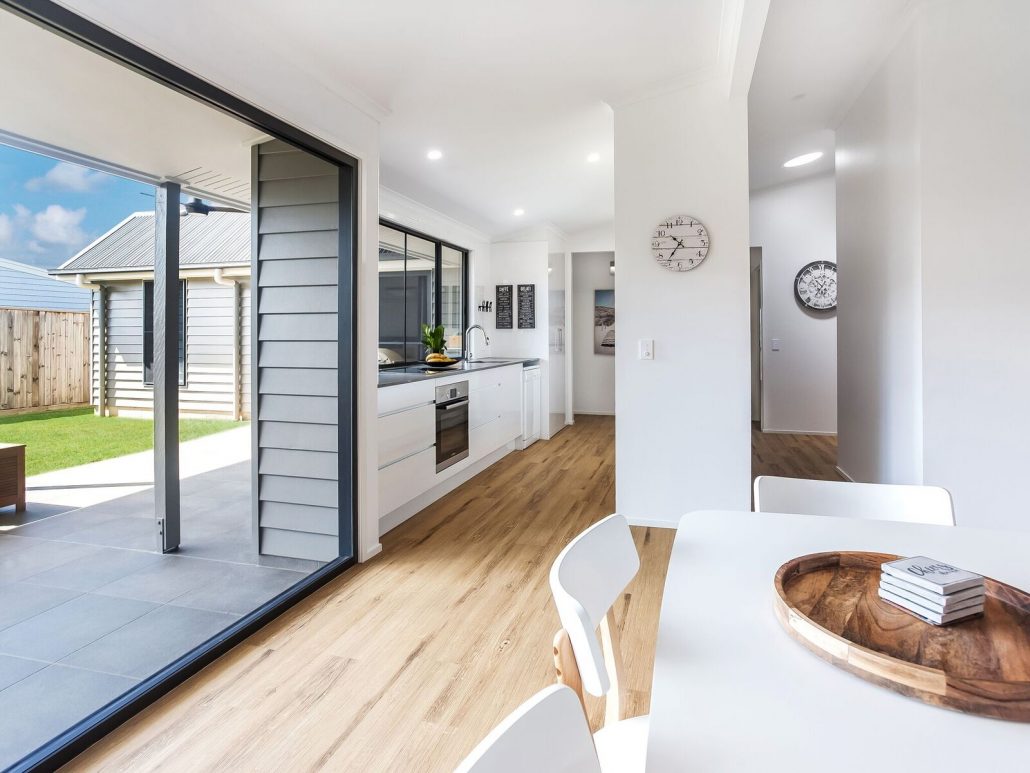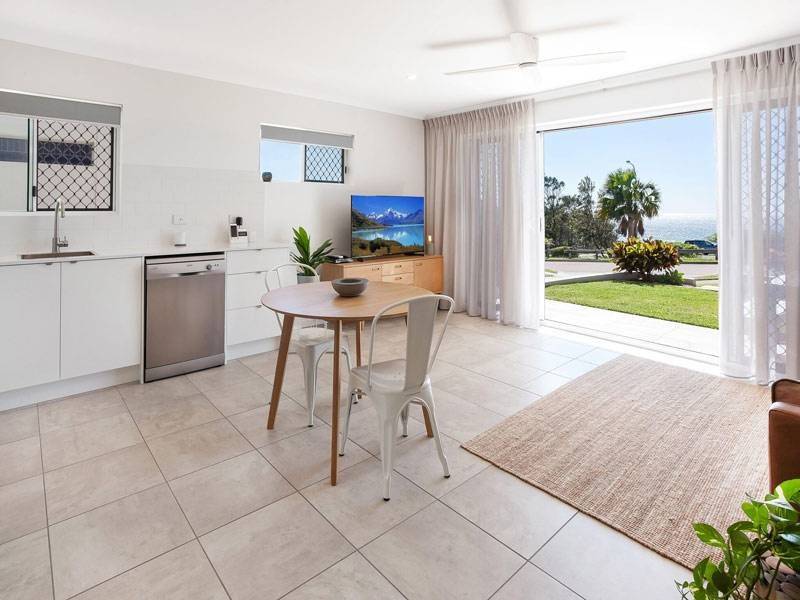When it comes time to select the perfect flooring for your project, it is important to consider all of your options, including tiles and vinyl plank flooring
While for many buyers and builders tiles may be the default flooring option for their projects, an alternative may be found in vinyl plank flooring. Both options possess their own independent strengths and weaknesses, therefore it is essential that all factors are considered when deciding which flooring best suits your home and lifestyle.
The Look and Feel
Tiles mirror the temperature of their environment, meaning that tiles may become hot or cold depending on the weather. They are also prone to becoming dangerously slippery when wet. Due to the destructively hard nature of tiles, dropped objects will break upon impact, and falls may inflict serious injury.
Vinyl plank flooring, on the other hand, is soft and shock resistant. Dropped objects are far less likely to break, and accidents are much less dangerous. Soft and comfortable, vinyl flooring is perfect for the busy family, as it is milder on the feet and joints, and safe for children to crawl and play on.
Will It Last?
Tiles are known for their durability. Due to their ability to handle high levels of foot traffic, and their chemical and temperature resistance, tiles are a reliable long-term investment. Tiles are, however, prone to chipping and cracking if heavy hard objects are dropped on the tiles, causing damage. Vinyl plank flooring is also quite reliable, as it is water, stain, scuff, and scratch resistant and usually comes with a relatively long-term warranty. With high shock absorbance levels, dropped objects are less likely to damage the planks, however, a dropped knife, for example, may gouge the flooring, doing irreparable and prominent damage.
Maintenance
The majority of tiles are glazed, tiles are water and stain resistant, and don’t cultivate viral, bacterial, fungal, or mould development. Due to their smooth Matt, Lappato and glossy surfaces, tiles are easy to mop, sweep, and vacuum. Despite these positives, however, if a grout sealer is not applied after installation, grout lines are prone to developing mould and mildew build-up. A routine cleaning with vinegar, water, and a little elbow grease will prevent such build-ups. Due to its smooth surface and water resistance, vinyl plank flooring requires only mopping for maintenance, and a lack of grout or crevices ensures no mould or mildew build-up will occur.
Installation
In the long-term, tiles are a very reliable financial investment, as they are incredibly durable and can actually increase the value and appeal of your property. The installation process can take a little longer if the previous flooring needs to be removed, as well as preparation and fitting, all undertaken by a professional. Comparatively, vinyl flooring can be installed quickly and simply, Flooring levelling is usually required before installation. Vinyl plank can be installed with ease and only requires a pressure sensitive adhesive to be rolled on the floor before installation. Vinyl plank can even be placed over the top of the previous flooring if correct preparation is followed. Vinyl flooring won’t usually improve property value like tiles.
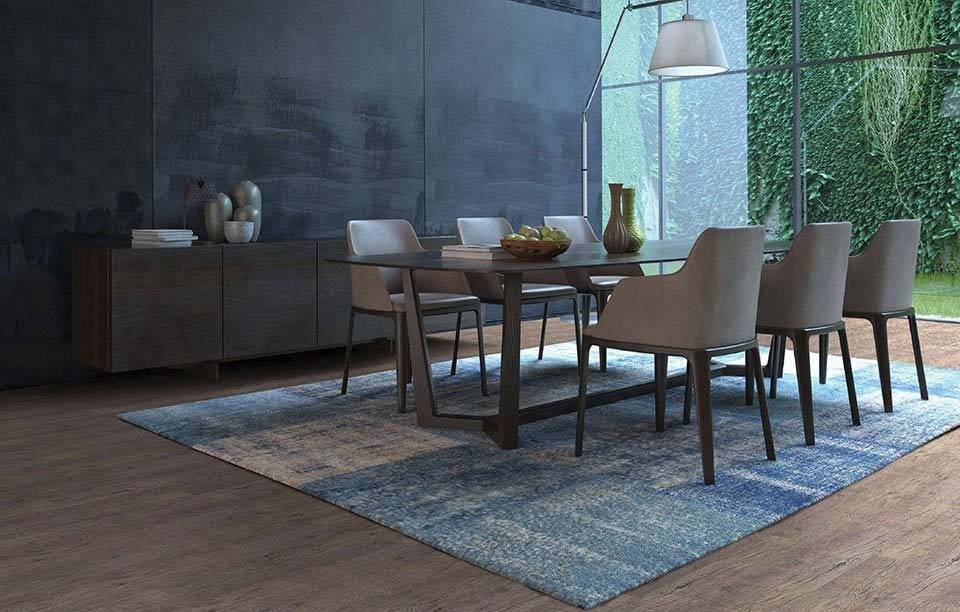
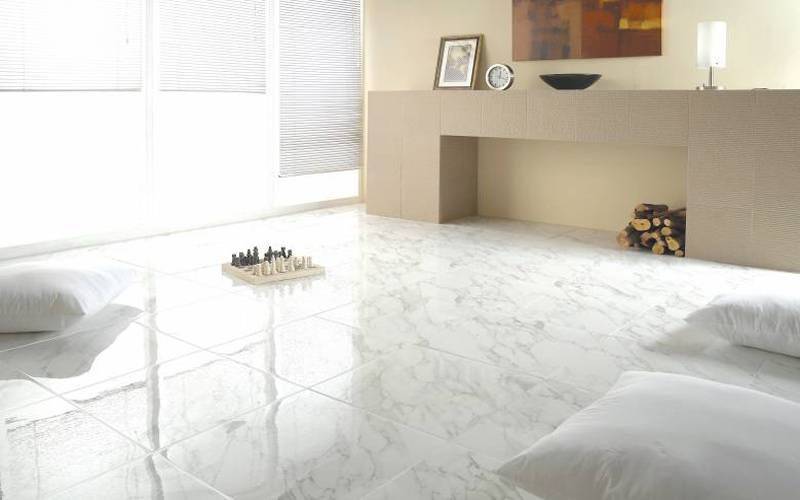
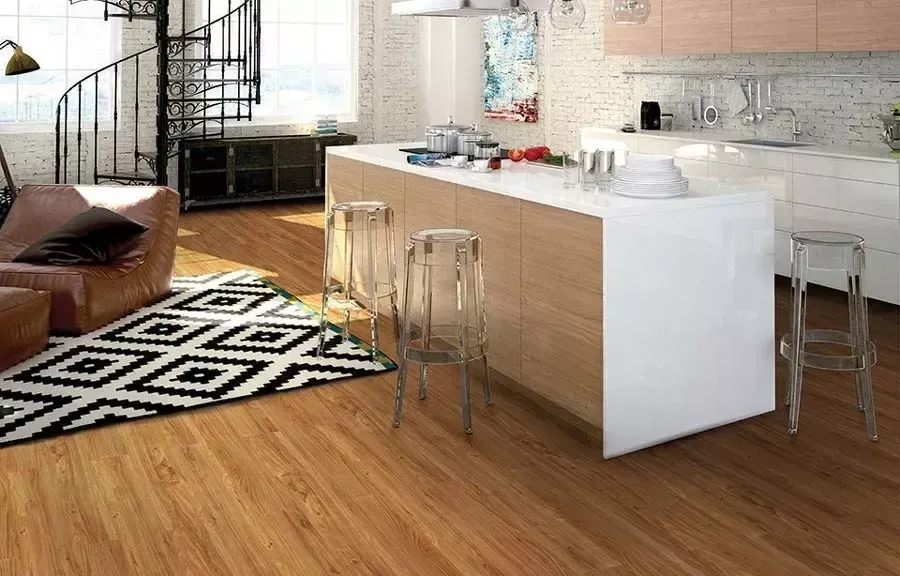
Whether you decide to go with tiles or vinyl flooring, our team at Tile Wizards can help you out! Have a look at our product ranges for inspiration and come visit us at your nearest store soon.
Tile Wizards stores are located across Australia around Brisbane (Springwood), Adelaide (Lonsdale, Para Hills West, Richmond), Sunshine Coast (Bokarina), and Coffs Harbour.
YOU MIGHT ALSO LIKE TO READ:
Vinyl Plank vs. Laminate Flooring: Don’t Make the Flawed Decision
Perplexed by the distinction between Vinyl Plank Flooring and Laminate Flooring? Picking out which of these two materials can be difficult, unless you’re a flooring specialist, as both have their own strengths and look quite similar. Here’s a guide to help you choose the right timber-look flooring material for your apartment, house, or investment property…READ MORE

